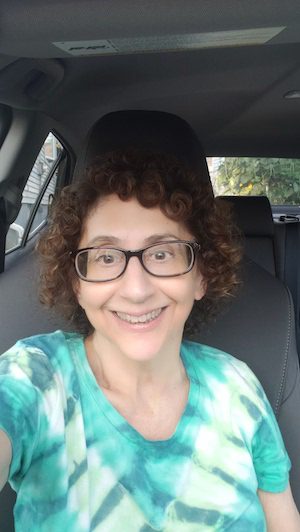Attracting diverse groups to your senior center
Attracting
diverse groups, including immigrant and ethnic minorities, and males, to senior
centers requires a thoughtful and inclusive approach. Here are some strategies
that senior centers can implement to attract these groups and make them feel
welcome.
Hire staff
and volunteers who are familiar with the cultures and languages of the target
groups.
Offer
programs and services that cater to the specific needs and interests of these
groups, such as language classes, cultural events, and traditional music and
dance performances.
Incorporate
cultural sensitivity training for all staff and volunteers to ensure a
welcoming and inclusive environment.
Develop
targeted marketing campaigns that reach out to immigrant and ethnic minority
communities, highlighting the services and programs offered by the senior
center.
Partner with
local community organizations, places of worship, and cultural centers to
promote the senior center and its services.
Utilize
social media platforms and online advertising to reach a broader audience.
Offer a
range of recreational activities that appeal to diverse interests, such as:
- Fitness
classes tailored to specific cultural or ethnic groups (e.g., Zumba for Latinx
seniors or Yoga for Asian seniors). - Art classes
that incorporate traditional techniques and materials from various cultures. - Music and
dance performances that showcase diverse cultural heritage. - Cooking
classes that focus on traditional cuisine from around the world. - Provide
opportunities for socialization and community building, such as: - Language
exchange programs for seniors who want to practice their language skills. - Cultural
events and festivals that celebrate diverse heritages. - Support
groups for seniors from specific cultural or ethnic backgrounds.
Accessibility
and Inclusivity:
Ensure that
the senior center is physically accessible and welcoming to seniors with
disabilities.
Offer
transportation services or assistance with transportation to and from the
center for seniors who may not have access to reliable transportation.
Provide
accommodations for seniors with limited English proficiency, such as
interpreters or translated materials.
Partnerships
and Collaborations:
Partner with
local organizations that serve immigrant and ethnic minority communities, such
as:
- Community
centers, churches, and mosques. - Cultural
organizations and festivals. - Language
schools and literacy programs.
Collaborate
with healthcare providers and social service agencies to reach seniors who may
not be aware of the senior center’s services.
Male-Friendly
Initiatives:
Offer
programs and activities that appeal specifically to men, such as:
- Sports and
fitness classes (e.g., basketball, weightlifting, or yoga). - Outdoor
activities (e.g., hiking, fishing, or Gardening). - Social
events and gatherings (e.g., poker nights, sports watch parties, or men’s book
clubs). - Provide
opportunities for men to connect with other men who share similar interests and
experiences.
Evaluation
and Feedback:
Regularly
evaluate the effectiveness of these initiatives and gather feedback from
seniors and community partners.
Use this
feedback to refine and improve programs and services, ensuring that they remain
relevant and appealing to diverse groups.
By
implementing these strategies, senior centers can create a welcoming and
inclusive environment that attracts and engages immigrant and ethnic minority
seniors, as well as males, and helps them feel valued and connected to their
community.
Originally Published on https://boomersnotsenior.blogspot.com/

























